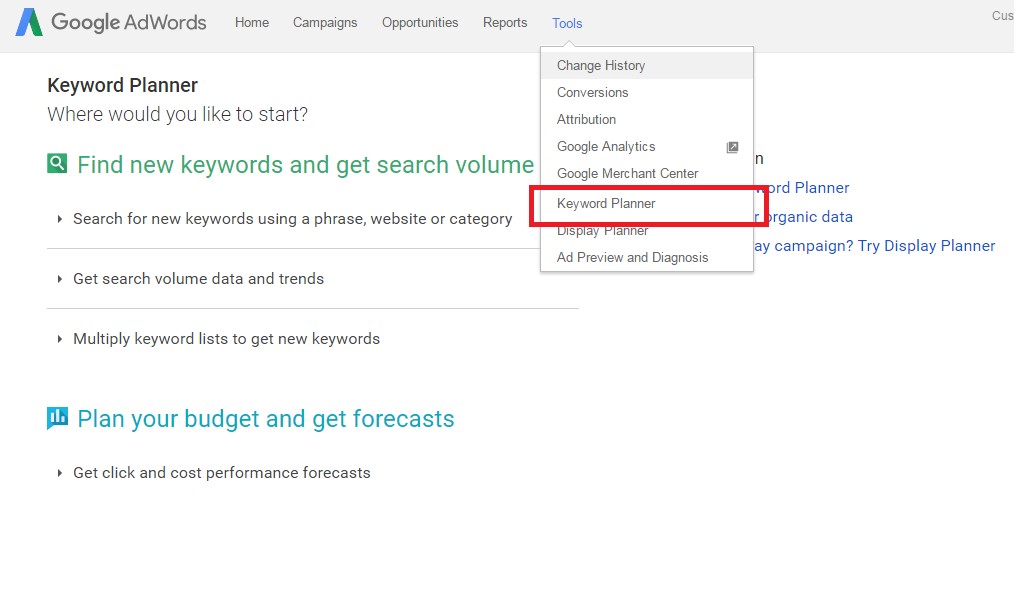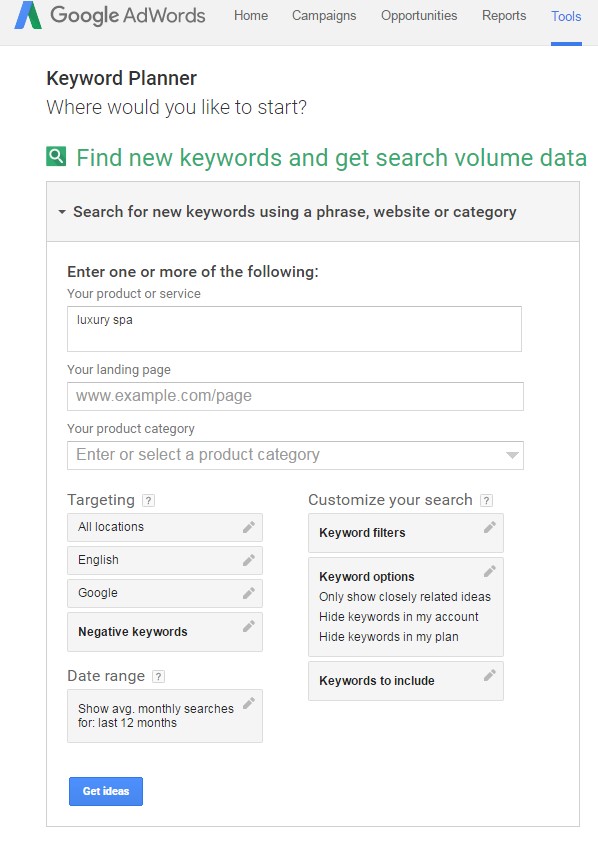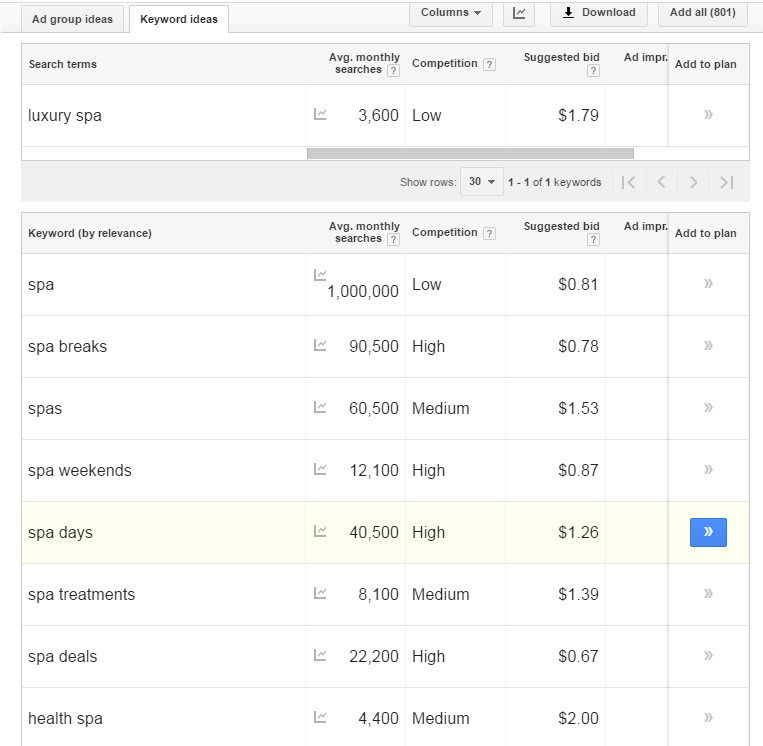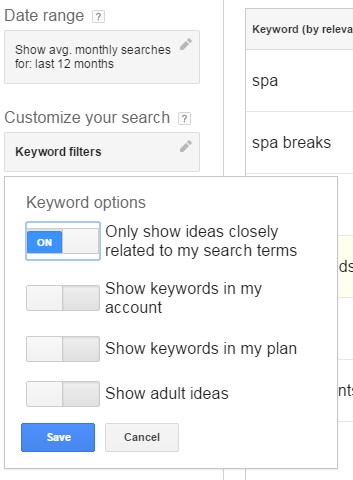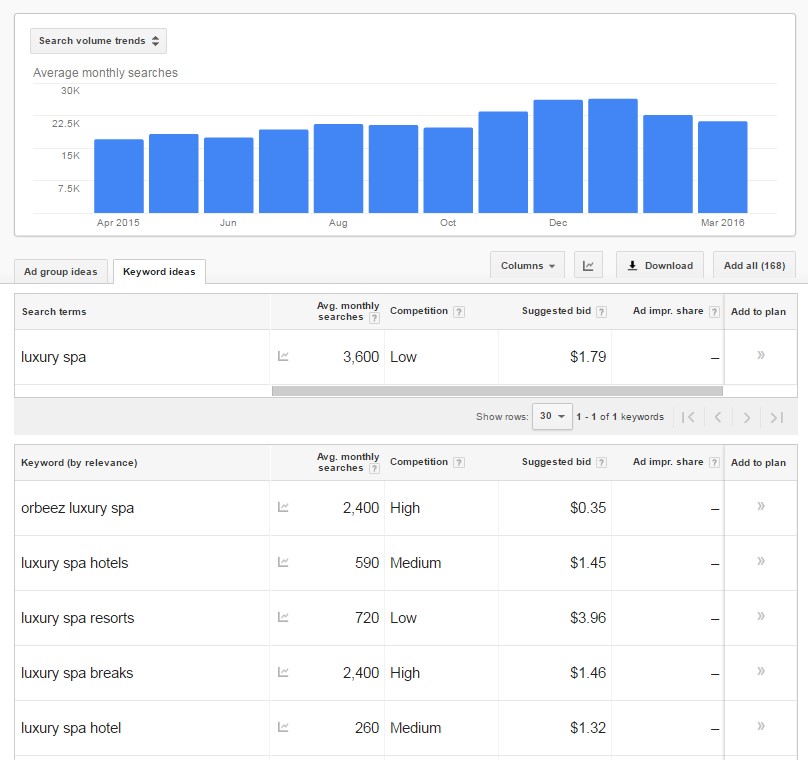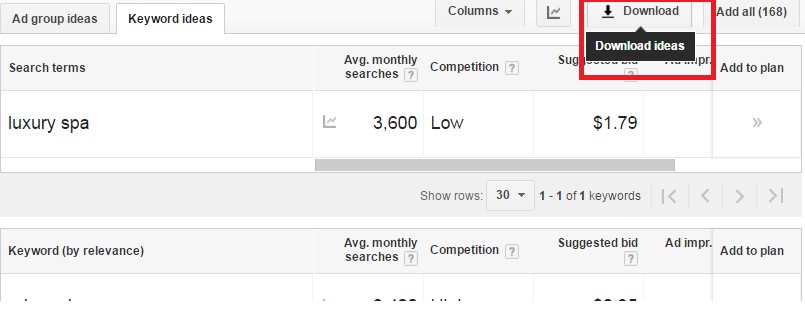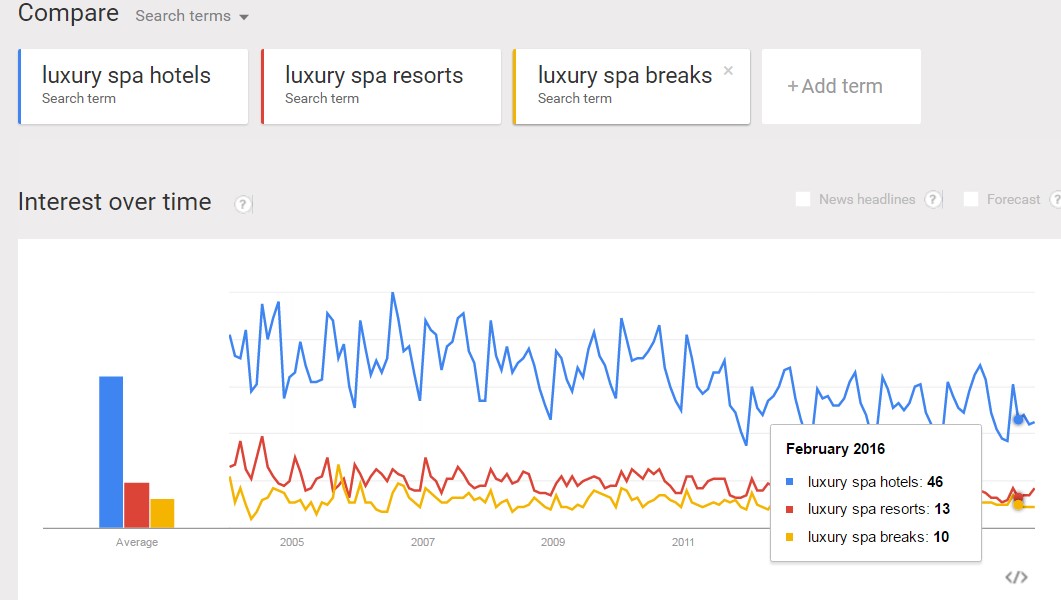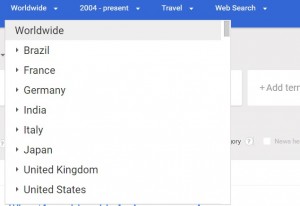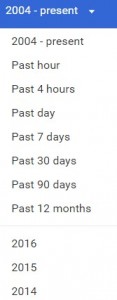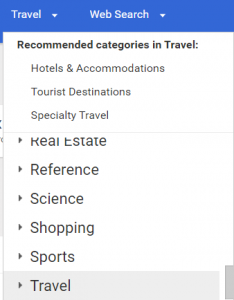Keywords are magical incantations.
Found in the most obscure texts of ancient oracles.
Handed down to a chosen few, who will spend ages deciphering the mystical meaning.
Only the worthy and purest manage to understand the true worth of these words.
Apologies for sounding like a Skyrim quest guide (it was kinda fun be honest), but this is what most SEO-focused blogs sound like. SEO may be a bit technical, but any “expert” isn’t truly an expert if they cannot explain things to a novice. This is what we are going to try to do here. Now I know I am only one voice in the crowded blogosphere and I am in no way claiming to be perfect. I might (accidentally) leave out some essential information or forget to deal with a major factor. Please feel free to comment and share your thoughts and experiences below. In fact, if I like the idea I will dedicate an entire piece to it.
So let’s get started with the basics and then we will move onto more actionable tips and tricks.
What in the World is a Keyword?
Keywords can be confusing to understand because they have multiple meanings. In terms of web content, a keyword is one or more words which communicate the topic of your web content to a search engine. Keywords made up of more than one word are referred to as long-tail keywords.
Another usage is from the point of view of the search engine users. Keywords can also refer to the actual terms which are typed into the search engine. These two contexts overlap and a search match is created when the terms typed by the user match up to the terms you have focused on in your content.
Google and Keywords
Google uses a complicated formula to determine the quality and authority of any webpage. Most SEO experts will obsess over tactics instead of telling you what actually matters. A well-planned content strategy will serve you better than any short-term tactics.
Keywords will help you create focused and targeted content. Nowadays, it is no longer important to rank for keywords; you have to rank for relevant keywords. This guide will help you find and use relevant keywords which you can incorporate into your content.
Why Keywords Are Important Today?
Search engines are getting smarter every day. The algorithms used by them are getting more focused and user-oriented. Since search engines are only useful if they can direct users towards relevant content, the ranking rules are emphasizing content quality and relevance.
Any page which has highly focused content will be ranked higher than pages with ramble-y and unfocused content. Higher ranks mean more traffic and more visitors.
Keyword Research Tools — Hitting a Moving Target
This is the answer to the question which every beginner asks, ‘where do I find relevant keywords?’. There are a couple of free online tools which will make it a breeze to generate a list of useful and relevant keywords. This guide focuses on two of the most popular ones, Google Keyword Planner and Google Trends. Here is a list of the ones we recommend:
- Google AdWords Keyword Planner Tool
- Google Trends
- Microsoft Bing Ads Intelligence
- Wordtracker’s Free Basic Keyword Demand
All of these are free but if you are interested in advanced features then check out the following paid tools:
- Term Explorer (Basic—$34; Pro—$97; Agency—$499)
- SEMrush (Pro—$69.95; Guru—$149.95; Business—$549.95)
- Moz’s Keyword Difficulty Tool (Standard—$99; Medium—$149; Large—$249; Premium—$599)
If you are looking for a long-tail keyword research tool then Keyword Tool.io is a great option.
Keyword Research with Google’s Keyword Planner
The major and most useful keyword research tool out there is Google’s Keyword Planner. It’s free and pretty easy to figure out. It’s essentially a part of the Google AdWords platform. You will have to sign up for a Google AdWords account to use the Keyword Planner but there is no requirement to create an ad.
Once you sign up you will be looking at something similar to this:
You can click on the first option and you will be faced with the main tool:
Yes, there are a lot of options, but don’t be overwhelmed. Simply type in whatever product or service you offer. For instance, if you are running a luxury spa this is what your keyword research will look like this:
The initial list is quite general, refine it a little further by clicking on the Keywords Options filter and enable the first option.
As a result you will end up with a more targeted and therefore more relevant list which we can work with.
The bar-chart shows the number of times anyone searched for the term “luxury spa” in the past months.
You will notice a significant rise in the months of December, mostly because spas are a pretty popular holiday destination. The useful part for us is the list of keywords; the most relevant keywords are at the top. Google recommends you pick the top 5-20 keywords. Ignore the “Suggested Bid” and the subsequent columns, we don’t need them here. You can download all the data if you want. Simply click on the Download button and you will be given the option to export the data in a CSV format.
This particular search actually resulted in 169 related keywords!
We will be skipping the first one because it is a specific product which we are not interested in ranking for. This is the final list of relevant keywords:
| ● luxury spa hotel | ● luxury hotel spas |
| ● luxury spa resorts | ● luxury hotel and spa |
| ● luxury spa breaks | ● luxury day spa |
| ● luxury spa hotel | ● luxury resort spa |
| ● spa luxury | ● luxury spa deals |
| ● luxury spa resort | ● luxury spa weekends |
| ● luxury spa days | ● luxury spa day |
| ● luxury spa break | ● luxury spa breaks for couples |
| ● luxury spa retreats | ● luxury spa vacations |
No we are not done yet, just a few other factors to consider before the list can be finalized. You must have noticed a column called “Competition” on the screenshots above. “High competition” means a lot of other sites are also targeting that specific keyword, it will be extremely difficult to achieve a high rank for any of these.
The other extreme, the “Low competition” ones are not useful either. A low marking means not many people are using that keyword when searching. It is better to stick to the keywords marked “Medium.” Nonetheless, high keywords are important, but it is difficult to rank well for them. But don’t worry, we’ll be covering that as well in one of our future pieces.
If you want to see the actual numbers instead of the High, Medium and Low tags, download the data. Make sure only the keywords that are relevant to your product or service are considered. For example, when researching “luxury spa” we kept getting results for unrelated keywords such as luxury spa chair, luxury foot spa and luxury spa gifts. So the list is whittled down to a few important keywords:
- Luxury spa retreats
- and Luxury health spa
- also, Luxury spa treatments
Further Considerations
So far we’ve focused on the usage of the most popular keyword tool, however, you will need to stick to a few qualitative guidelines if you want to make a great list. Here are some of the things you should keep in mind when choosing your keywords:
Diving Deeper Into Keyword Research with Google Trends
Another handy little tool is Google Trends. It lets you compare the popularity of two or more keywords to see what has been trending over time. This is pretty useful if you are trying to maximize your rankings and want to avoid overusing keywords (called keyword stuffing, more on that later).
The above graph shows the global data from the time range 2004-present, across all product categories.
If you want a more targeted approach, you can refine these charts according to:
- Location
- Time range
- Product categories
- Type of Web Search
This is what the chart looks like if the UK is chosen as the location. The time range is the past 30 days, category is Travel and the type of search is exclusively web searches.
There is a third panel as well (not show here) which shows you related search terms.
How to Use Keywords?
Once you have your keywords, you have to use them properly with your web content.
- Try to use it in the URL of your page (this is easier for blogs)
- Use the most relevant keyword in your page title and try to place it at the beginning, if possible.
- Use the most important keyword (s) in your HTML meta-description
- At least once in a headline and once in a <h2, h3 or h4> sub headline
- In the actual content of the page, if you use it only once then try to use a bold tag
- Add relevant hyperlinks in your content and try to incorporate the keyword in the anchor text
- If you have images on the webpage, use the keywords in the image alternate (alt) text
Ideal Keyword Density
Density is the number of keywords expressed as a percentage of the total words on a webpage. SEO experts generally agree that there is no ideal keyword density which can guarantee you a high ranking, however according to our experience, the number is somewhere between 1.25-1.5%. However, it should be used sparingly and not looked stuffed. A 1.5% density means the keywords should be used around 6-7 times including the introductory paragraph, the body, subheadings, and the conclusion.
There are lots of free online tools which will run a density analysis on any URL you enter. A particular useful one is the Keyword Density Analysis Tool by Internet Marketing Ninjas.
This is a small illustration of how the tool works. One of the keyword we finalized earlier was “luxury spa retreats”, the first Google search result for this term points to the homepage of the Small Luxury Hotels of the World hotel directory.
Running the density analysis reveals the following results:

The density of the relevant keywords falls in the recommended range.
Best Practices and What Not to Do
- Do not use too many keywords on one webpage or blog post. This is against Google’s quality guidelines and your site may be penalized for it.
- Write as naturally as you can; do not make keyword repetitions too obvious or you will trip one of the spam filters.
- Content needs to meet the goals of the person who is typing the search query.
- SEO efforts should also optimize for user intent and user satisfaction.
- Focus your content around a particular keyword.
- Do not under any circumstances repeat the keyword again and again. It’s painful to read and does not help your ranking.
- Do not put blocks of heavily key-worded paragraphs in footers.
- Try to use plural or alternative versions of the keyword if you need to repeat it
- Define a focused keyword for each blog post/page.
- The text should sound readable and relevant.
Keywords are an important part of your overall content strategy. It is something that any digital marketer must understand if they want to create content strategies which serve the business and the visitors effectively.



